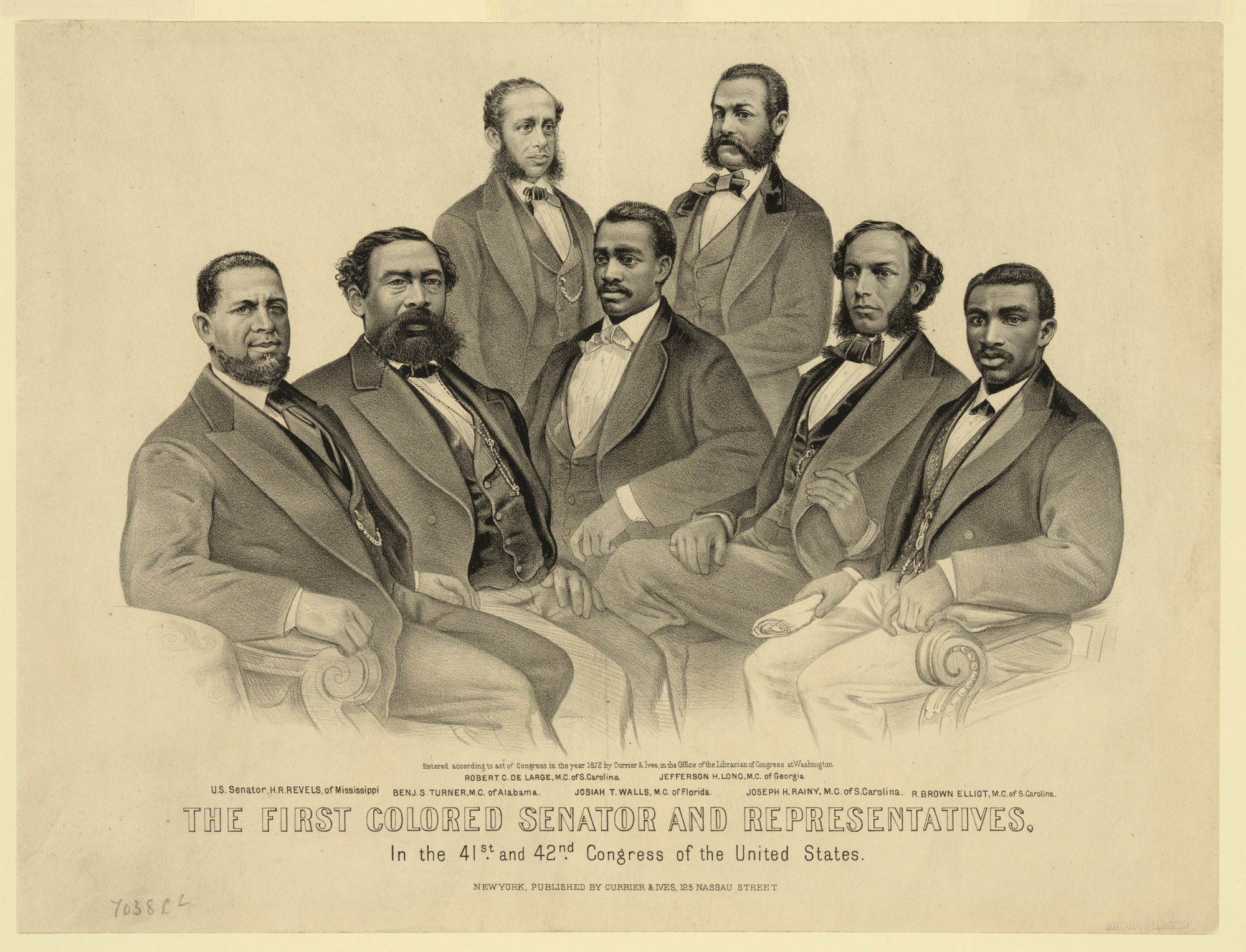US Legislative Action Aims to Deter Regional Conflict Through Financial Transparency
Promoting Peace and Justice (SDG 16) Through Proposed Legislation
The United States House of Representatives has approved the Taiwan Conflict Deterrence Act, a bipartisan bill designed to discourage potential military aggression by China. This legislative measure directly aligns with the principles of Sustainable Development Goal 16 (Peace, Justice, and Strong Institutions) by employing non-violent, institutional mechanisms to prevent conflict. The act’s primary strategy is to leverage financial transparency and sanctions to hold senior officials of the Chinese Communist Party (CCP) accountable, thereby promoting peace and stability in the Indo-Pacific region.
Core Provisions and Institutional Accountability
The bill mandates specific actions to be taken by the U.S. Department of the Treasury, strengthening institutional frameworks to combat corruption and illicit financial flows, a key target of SDG 16. The core provisions include:
- The Secretary of the Treasury is required to compile and publish a report detailing the financial assets and accounts linked to senior CCP officials.
- The legislation grants the Treasury Secretary authority to block these officials from accessing funds held within U.S. financial institutions.
- A public summary of the report must be made available on the Treasury Department’s website and social media platforms in both English and Chinese, promoting transparency and public accountability.
- Financial institutions would be prohibited from conducting significant transactions with the immediate family members of the specified officials.
Economic Stability and Global Partnerships (SDG 8, 9, 17)
Proponents of the bill emphasize that regional peace is intrinsically linked to global economic well-being, reflecting the interconnectedness of the Sustainable Development Goals.
- Decent Work and Economic Growth (SDG 8): It was noted that stability in the Indo-Pacific is essential for the American economy and jobs, as conflict would severely disrupt international trade and economic growth.
- Industry, Innovation, and Infrastructure (SDG 9): The legislation acknowledges Taiwan’s critical role in the global supply chain, particularly as a leader in the semiconductor industry. Protecting this partnership is vital for maintaining the stability of global industries and technological innovation.
- Partnerships for the Goals (SDG 17): The bill’s bipartisan support within the U.S. House exemplifies a domestic partnership to address a global challenge. The act itself is a clear communication to international partners and adversaries, outlining specific consequences for actions that threaten global peace.
Legislative Status
Having been approved by the House of Representatives, the Taiwan Conflict Deterrence Act must now proceed to the Senate for approval before it can be signed into law by the U.S. President.
SDGs Addressed in the Article
-
SDG 16: Peace, Justice and Strong Institutions
This is the most prominent SDG in the article. The “Taiwan Conflict Deterrence Act” directly aims to promote peace by discouraging military action. It also focuses on justice and strengthening institutions by targeting corruption and illicit financial flows of high-ranking officials. The article states the bill is a “clear and bipartisan warning: should the CCP wage war against Taiwan, there will be repercussions,” directly linking it to peace. The mechanism of “revealing the corruption of Chinese Communist Party (CCP) officials” and taking “real, targeted actions against corrupt CCP elites” addresses the justice and strong institutions aspect.
-
SDG 8: Decent Work and Economic Growth
The article connects the goal of maintaining peace to economic stability and prosperity. Representative McClain is quoted saying, “I recognise how essential peace in the Indo Pacific is to American jobs and our economy.” This highlights the understanding that conflict disrupts global supply chains, trade, and economic growth, thereby affecting jobs.
-
SDG 17: Partnerships for the Goals
The legislation represents a form of international partnership, where the United States is taking action to support a democratic ally, Taiwan. The article notes that Taiwan is described as a “democratic ally and an essential player in the global supply chain.” The US action is intended to ensure regional and global stability, which is a goal achieved through international cooperation and partnerships.
Specific SDG Targets Identified
-
Target 16.1: Significantly reduce all forms of violence and related death rates everywhere.
The entire purpose of the “Taiwan Conflict Deterrence Act” is to prevent a potential military conflict, which is a large-scale form of violence. The article explicitly states the bill is “designed to discourage military action by China.”
-
Target 16.4: By 2030, significantly reduce illicit financial and arms flows, strengthen the recovery and return of stolen assets and combat all forms of organized crime.
The bill directly addresses illicit financial flows. It mandates the Treasury Secretary to publish a report on “financial institutions and accounts tied to senior officials” and grants the authority to “block CCP officials from accessing funds held in U.S. financial institutions.” This is a direct measure to combat the movement and use of potentially illicit funds.
-
Target 16.5: Substantially reduce corruption and bribery in all their forms.
The core strategy of the bill is to combat corruption. The article highlights that the bill’s goal is to achieve deterrence by “revealing the corruption of Chinese Communist Party (CCP) officials” and taking “real, targeted actions against corrupt CCP elites, with their financial activities and offshore accounts being revealed.”
-
Target 16.6: Develop effective, accountable and transparent institutions at all levels.
The legislation promotes transparency and accountability by requiring that a “public summary or portions of the report be available on the Treasury Department’s website and social media platforms in both Chinese and English.” Making the financial activities of officials public is a key tool for fostering accountability.
Indicators for Measuring Progress
-
Public Disclosure of Financial Information
The article implies a direct indicator for measuring action against corruption. The bill mandates that “the Secretary of the Treasury must publish a report detailing financial institutions and accounts tied to senior officials” and make a summary “available on the Treasury Department’s website.” The publication of this report would be a clear indicator of progress towards the goal of transparency.
-
Implementation of Financial Sanctions
Progress can be measured by tracking the implementation of the bill’s provisions. The article mentions the authority to “block CCP officials from accessing funds” and to “prevent financial institutions from engaging in major transactions with the immediate family of the specified officials.” The number of officials sanctioned or transactions blocked would serve as a quantifiable indicator.
-
Maintenance of Peace and Stability
The ultimate indicator of the act’s success, as its name “Taiwan Conflict Deterrence Act” suggests, is the absence of military conflict. The maintenance of “peace in the Indo Pacific,” as mentioned in the article, would be the primary measure of whether the deterrence was effective.
Summary of Findings
| SDGs | Targets | Indicators (Mentioned or Implied) |
|---|---|---|
| SDG 16: Peace, Justice and Strong Institutions |
16.1: Reduce all forms of violence.
16.4: Reduce illicit financial flows. 16.5: Substantially reduce corruption. 16.6: Develop effective, accountable and transparent institutions. |
The absence of military conflict in the region.
Publication of a report detailing financial accounts of officials. Number of officials sanctioned and transactions blocked. Public disclosure of financial information on government websites and social media. |
| SDG 8: Decent Work and Economic Growth | 8.1: Sustain per capita economic growth. |
Stability of the global supply chain, particularly in the semiconductor sector.
Maintenance of American jobs and economic stability linked to peace. |
| SDG 17: Partnerships for the Goals | 17.16: Enhance the global partnership for sustainable development. | Enactment of legislation by one country (USA) to protect an ally (Taiwan) and ensure global stability. |
Source: m.economictimes.com







